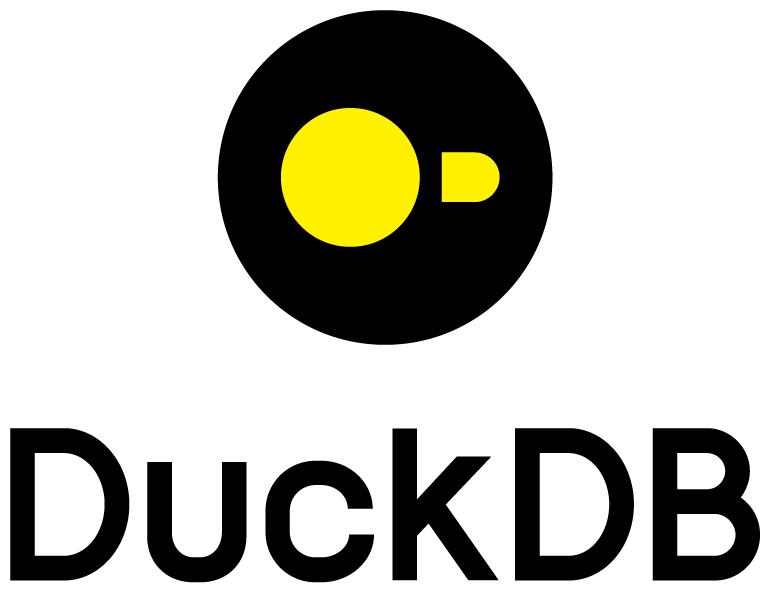Fuzzy matching based autocompletion
Maintainer(s):
rustyconover
Installing and Loading
INSTALL fuzzycomplete FROM community;
LOAD fuzzycomplete;
About fuzzycomplete
For more information regarding usage, see the documentation.
